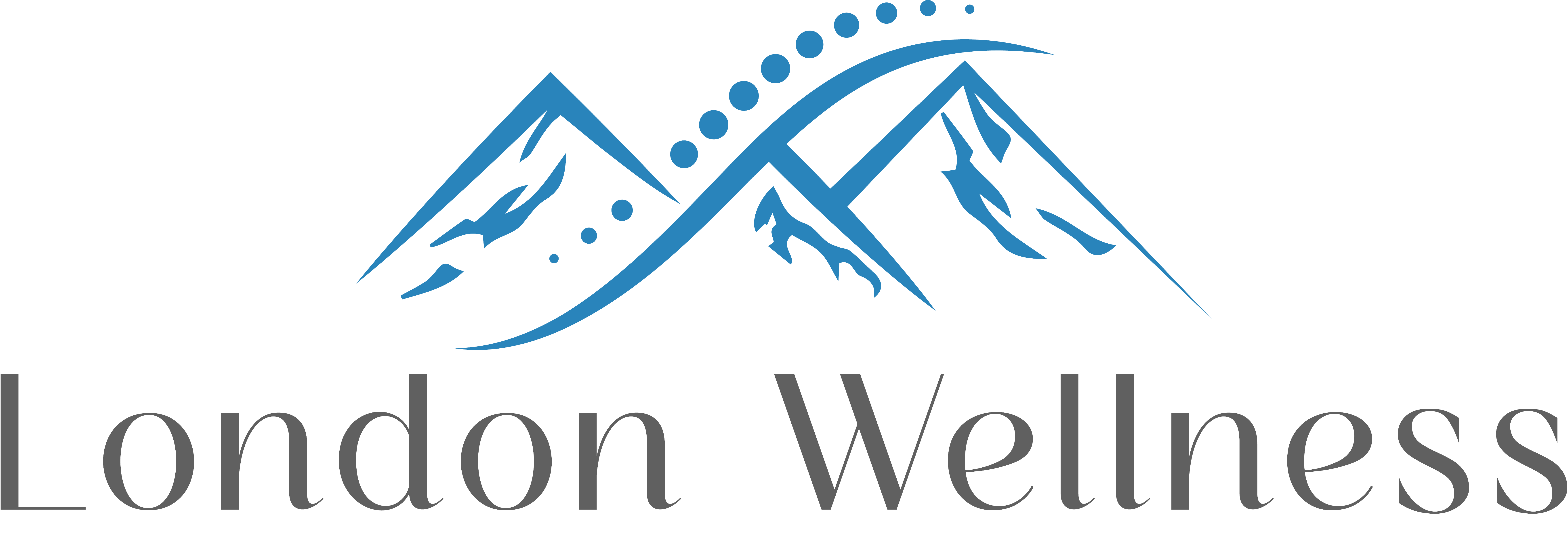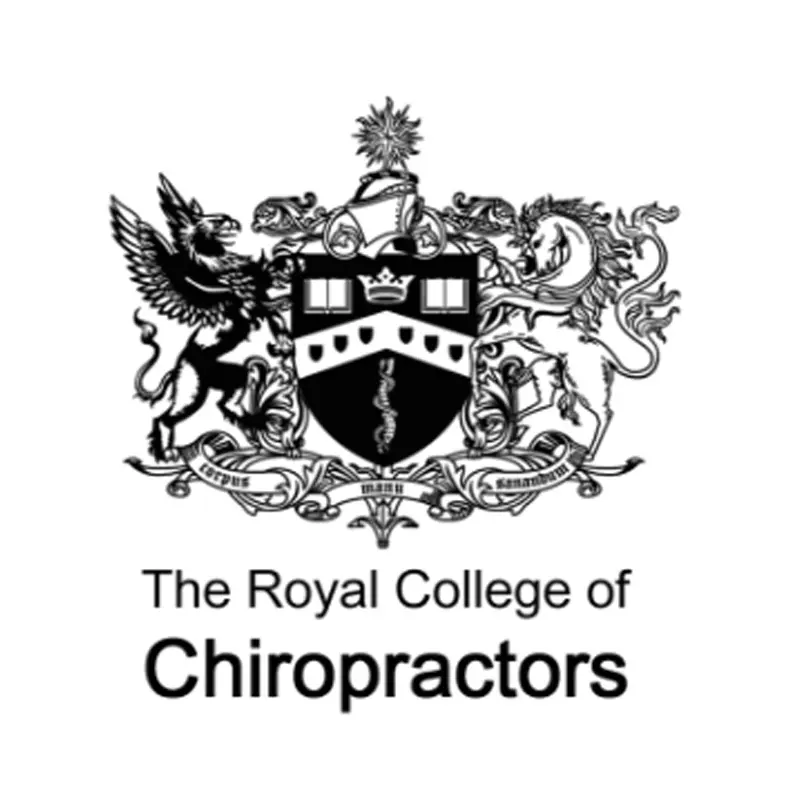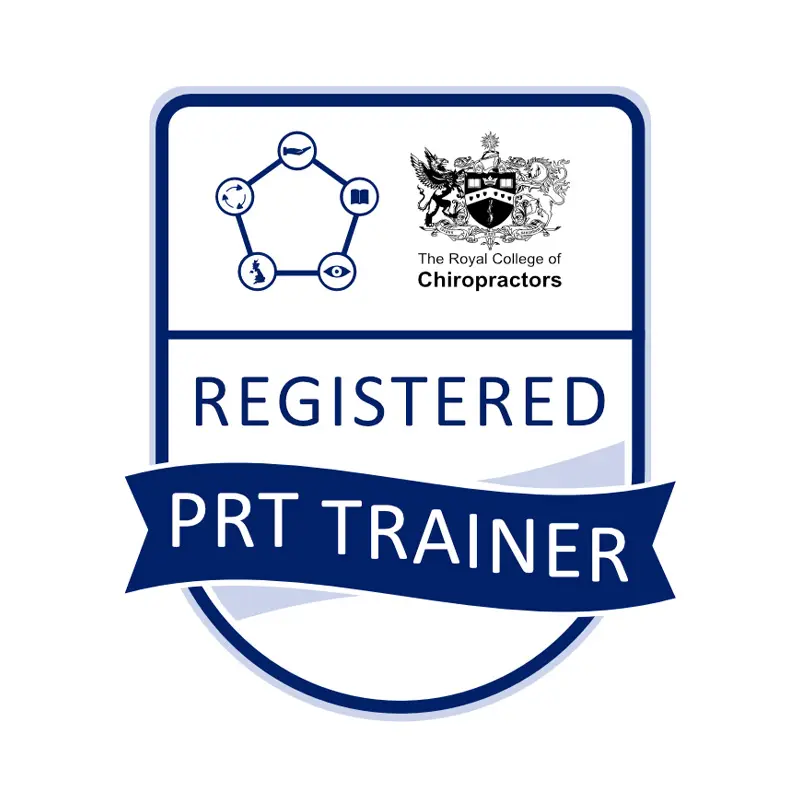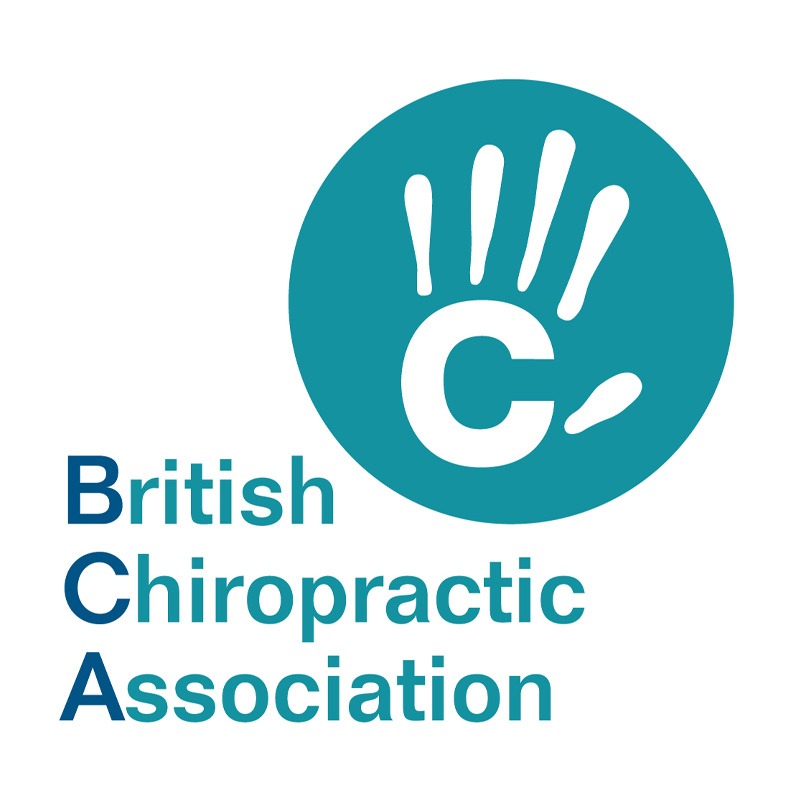Shoulder Pain
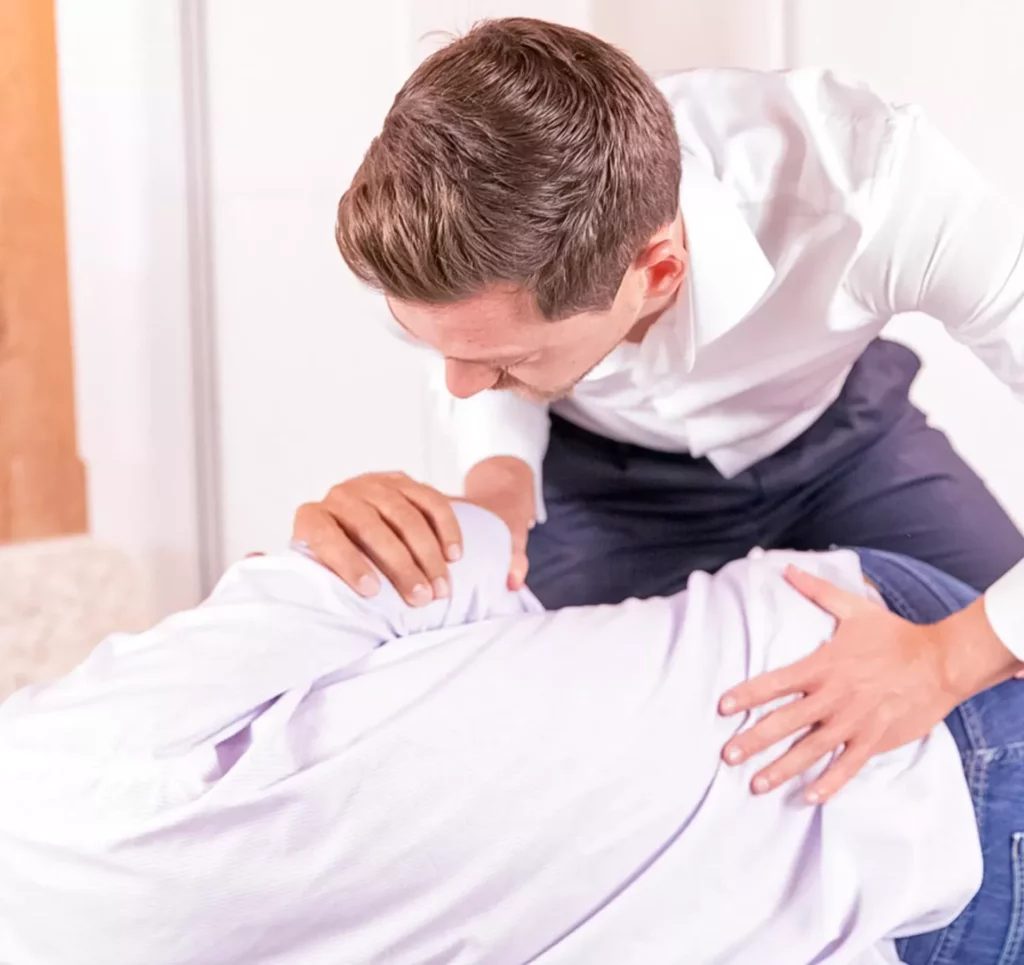
Treatment
Treatment & Therapy
How Can A Chiropractor Help Me With Shoulder Pain?
A chiropractor will look more closely at what is causing your shoulder pain. We will investigate further than just your mechanical (musculoskeletal) system and check your neurological system to find the root cause of your shoulder pain. We will evaluate your neurological system in conjunction with the musculoskeletal system, as your neurological system controls every function of your body. Skipping this step may only relieve your pain over the short term.
Shoulder pain can be a result of trauma from sports injuries or other accidents, a sedentary lifestyle, postural issues or repetitive movement over a period of time (such as writing, texting or operating a computer mouse).
Chiropractors are trained to seek out the root of the issue. Often the “symptoms” are just the body’s way of informing us that there is something wrong.
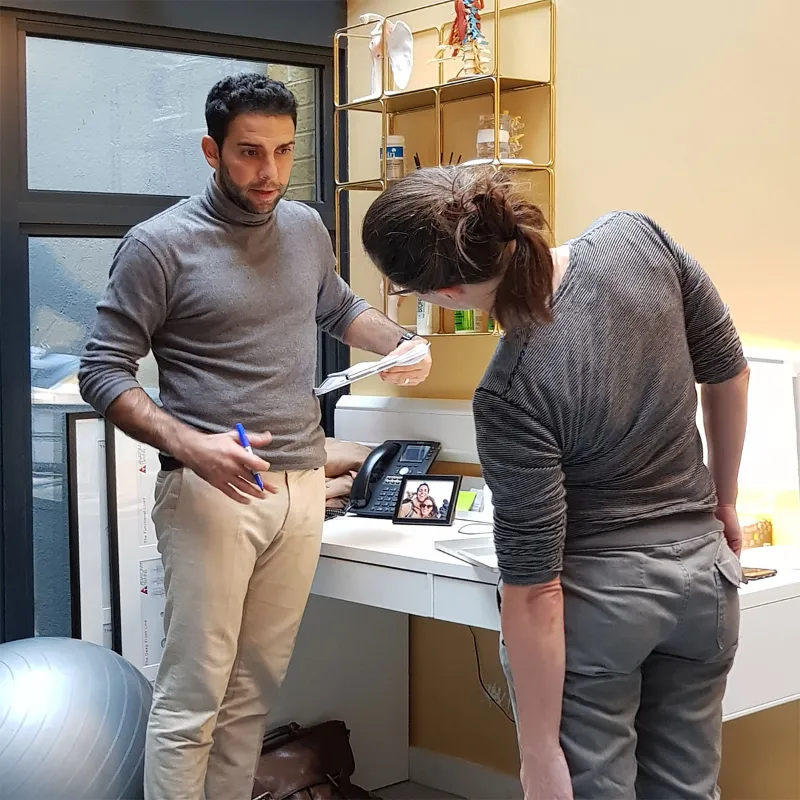

Shoulder Pain Treatment
Treatment will vary depending on the cause of your pain. Chiropractors have many methods available, including:
- Manipulation or adjustments
- Dry needling/ Medical acupuncture
- Massage
- Muscle release techniques
- Trigger point therapy (which is a technique for getting a frozen muscle to release itself)
A chiropractor will also include advice and guidance on lifestyle changes and will incorporate strengthening exercises and stretching into your treatment sessions.
Interesting Facts About Shoulder Pain
- Shoulder pain is very common and affect anyone, not just athletes
- They are the most commonly injured joints in the body
- Often the rotator cuff muscles are affected
- Joint with the greatest range of motion but the least stability, therefore is more susceptible to strain, repetition injuries and ageing
- Injuries are highly treatable (without surgery) if addressed early
- Goals in treatment are: reduce inflammation, alleviate pain, strengthen muscle memory and improve range of motion
- People with shoulder pain often avoid seeking prompt attention, making it worse and less amenable to non-surgical treatments
- Sharp, stabbing or shooting pain
- Dull aches
- Pins and needles
- Restrictions
- Stiffness
- Trapped nerve in neck
- Referral pain from the neck

